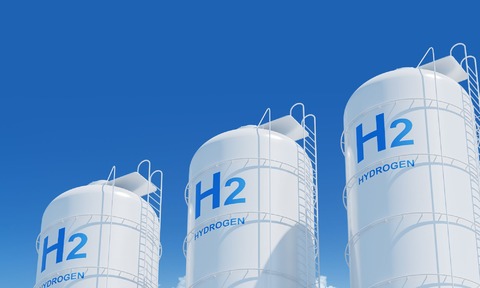RGU secures £800,000 grant to drive clean hydrogen innovation
26 Oct 2025

Researchers from Robert Gordon University School of Computing, Engineering and Technology have secured £0.8 million for a clean energy project to produce hydrogen using waste steam from nuclear facilities.
Professor Nadimul Faisal’s team have been awarded the funding through the Engineering and Physical Sciences Research Council (EPSRC) in order to improve next-generation hydrogen production technology.
The work will focus on solid oxide steam electrolysers (SOSEs) in order to produce clean hydrogen with the aid of electricity and heat from renewable and nuclear sources.
The school’s scientists have already designed a tubular cell to withstand 600 °C to 900 °C temperatures produced with SOSE systems.
Said Faisal: "Hydrogen is central to achieving the UK’s net-zero goals. This investment allows us to push forward the science and engineering needed to make solid oxide steam electrolysis commercially viable, while creating new opportunities for sustainable innovation in partnership with industry."
Faisal’s colleague, professor Mamdud Hossain, added that a succession of back-to-back EPSRC grants were evidence of RGU’s reputation for hydrogen research, developed through Knowledge Transfer Partnerships and research.
The new initiative, titled METASIS 2.0, forms part of the overall METASIS project led by Professor Faisal.
RGU’s work is being carried out in partnership with a wide range of institutions including the University of Surrey.
Surrey’s Dr Bahman Amini Horri explained the technology employed heterogeneous electrolyte composites recently developed at the university. These were integrated into coating layers applied to traditional porous ferritic steel tubes, to provide a cost-effective manufacturing method.
Other partners include Aston University and the UK National Nuclear Laboratory (NNL), together with more than a dozen others from industry, academia, research and sector networks.
Aston’s Dr Amirpiran Amiri added that METASIS 2.0 aligned with his university’s work on reducing hydrogen production cost and carbon footprint as the project aimed to lower the demand for expensive electrical power by partially replacing it with waste heat.

